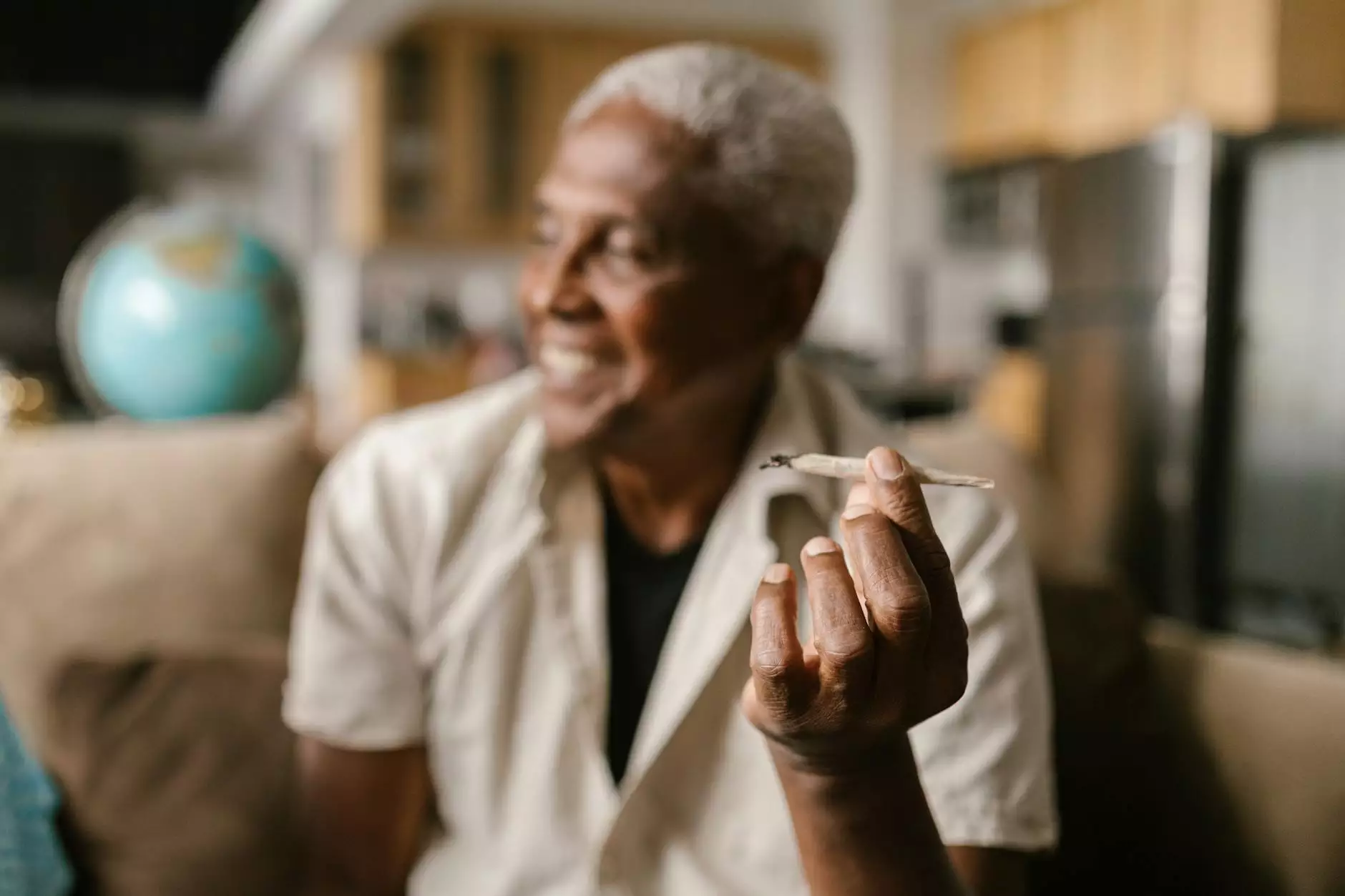Understanding Foot Pain After a Marathon: Causes, Treatment, and Prevention

Completing a marathon is a remarkable achievement, a true test of endurance, and physical dedication. However, many runners experience foot pain after a marathon, which can deter them from continuing their running journey. In this comprehensive guide, we will explore the underlying causes of foot pain post-marathon, effective treatment strategies, and preventive measures to keep your feet healthy and happy. Whether you’re a seasoned participant or a novice runner, this article is designed to equip you with the knowledge necessary for optimal foot care.
1. The Anatomy of the Foot and Its Importance in Running
To understand foot pain after a marathon, one must first appreciate the complexities of the foot's anatomy. The human foot comprises 26 bones, over 30 joints, and more than 100 muscles, tendons, and ligaments, all working harmoniously to provide support, stability, and mobility.
- Bones: The primary bones include the tarsals, metatarsals, and phalanges, each playing a critical role in weight-bearing and movement.
- Ligaments: Connective tissues that maintain the structure of the foot and support its arches.
- Tendons: Attach muscles to bones, facilitating movement and stabilization during activities like running.
Understanding the anatomy of the foot can give you insights into how specific injuries and conditions related to foot pain after a marathon can occur.
2. Common Causes of Foot Pain Post-Marathon
After running 26.2 miles, it's common for many athletes to experience various types of pain. Here are some of the most prevalent causes of foot pain after a marathon:
2.1 Plantar Fasciitis
Plantar Fasciitis is one of the leading causes of foot pain, particularly among runners. It occurs due to inflammation of the plantar fascia, a thick band of tissue connecting your heel to the front of your foot. Symptoms include a stabbing pain that typically occurs with the first steps in the morning or after prolonged sitting.
2.2 Tendonitis
Tendonitis can affect several tendons in the foot and ankle, notably the Achilles tendon. Symptoms often include localized pain and stiffness, especially after running. The repetitive motion during a marathon can exacerbate this condition.
2.3 Stress Fractures
Stress fractures are tiny cracks in the bone caused by repetitive stress. Runners often face these injuries in the metatarsals. Symptoms include localized pain that worsens with activity and can ease with rest.
2.4 Blisters and Calluses
Blisters and calluses are also common issues among marathon runners. Friction from improper footwear can lead to blisters, while repeated pressure can cause thickened skin, known as calluses, both of which can cause discomfort.
2.5 Metatarsalgia
Metatarsalgia refers to pain in the ball of the foot, often aggravated by high-impact activities. It can result from various factors including ill-fitting shoes, improper mechanics, and extensive mileage.
3. Treatment for Foot Pain After a Marathon
If you experience foot pain after a marathon, it's crucial to address the issue promptly to prevent further injuries. Here are effective treatment options:
3.1 Rest and Recovery
The first step in treating foot pain is to rest your feet. Avoid high-impact activities for several days post-race, allowing your body to recover. Ice your feet to reduce swelling and alleviate pain.
3.2 Stretching and Strengthening Exercises
Incorporate stretching and strengthening exercises into your routine. Focus on the calves, Achilles tendon, and plantar fascia. Stronger muscles and flexible tissues can help absorb the impact of running better.
3.3 Proper Footwear
Ensure you wear properly fitting shoes that provide adequate support and cushioning. Your running shoes should be specifically designed for your foot type, running style, and the surface you are running on.
3.4 Orthotic Inserts
Orthotic inserts can provide enhanced arch support and alleviate pressure points. They are particularly beneficial for those with specific foot conditions, such as flat feet or high arches.
3.5 Professional Help
Consult a podiatrist if you experience severe or persistent pain. A medical professional can offer personalized advice, treatment plans, and rehabilitation strategies tailored to your specific needs.
4. Preventing Foot Pain After a Marathon
Preventing foot pain is vital for any runner. Here are several strategies to help maintain foot health and minimize the risk of injury:
4.1 Build Mileage Gradually
Avoid increasing your mileage too quickly. Follow the 10% rule: increase your total weekly mileage by no more than 10% to minimize the risk of overuse injuries.
4.2 Invest in Quality Footwear
Choosing the right pair of running shoes is critical. Visit specialty running stores where experts can analyze your gait and recommend suitable shoes for your foot type and running style.
4.3 Regular Foot Care
Establish a consistent foot care routine. This includes keeping your feet clean and dry, regularly checking for blisters or calluses, and using moisturizers to combat dryness.
4.4 Cross-Training
Engage in cross-training activities such as cycling or swimming to build endurance without putting undue stress on your feet. These activities can enhance your overall fitness while giving your feet a break.
4.5 Hydration and Nutrition
Proper hydration and nutrition play a pivotal role in recovery and injury prevention. Maintain a balanced diet rich in vitamins and minerals to support muscle and bone health.
5. When to Seek Professional Help
Knowing when to seek professional help is essential in managing foot pain after a marathon. Consider consulting a podiatrist if:
- You experience severe pain that interferes with daily activities.
- Pain persists even after rest and self-care.
- Swelling or bruising is observed.
- You notice any changes in your foot's structure, such as bunions or hammertoes.
Conclusion
Understanding the potential causes of foot pain after a marathon, exploring treatment options, and implementing preventative measures will empower you to take charge of your foot health. Remember that your feet are the foundation of your running journey, and taking care of them is crucial for long-term success and enjoyment in the sport. Whether you are running your first marathon or your tenth, prioritize your foot health to ensure a pleasant and pain-free experience.
For personalized advice and treatment regarding foot care, visit The Foot Practice, where expert podiatrists can assist you in every step of your running journey.









